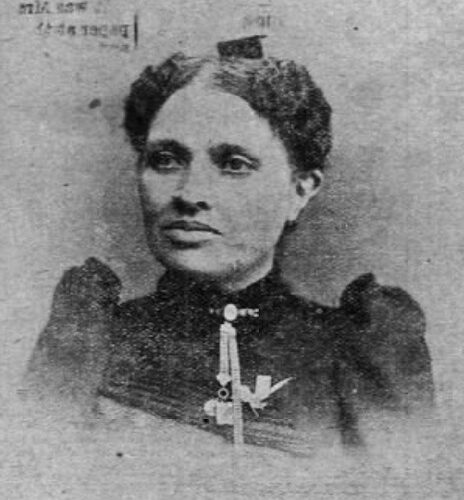Biography
Early Life
Mary J. Small was a pioneering figure in the African Methodist Episcopal Zion (AMEZ) Church. She became the first woman to be ordained an elder and the second to be ordained a deacon.
Born in Murfreesboro, Tennessee, in 1850, much of the early part of her life was not documented.
Her childhood was influenced by her Christian upbringing and her family’s involvement in the A.M.E. Zion Church.
Her mother, Agnes Blair, played a significant role in nurturing her religious foundation and instilled a deep sense of spiritual morality from a young age.
Evolution in Beliefs and Ordination as Deacon
For a long time, Mary had reservations about women in leadership roles within the church. She did not believe that they should be preaching. However, she had a change of heart, and in 1892, she became licensed to preach under the guidance of Dr. John E. Price.
Small’s life is highlighted by significant achievements in the A.M.E. Zion Church.
Her ordination as a deacon in 1895 further solidified her position within the church. She broke many barriers for women in the church.
Breakthrough Achievements and Leadership Roles
Her most groundbreaking accomplishment came in 1898 when she became the first woman in the A.M.E. Zion Church to be ordained as an elder, the highest order at the time.
Mary was heavily involved in revivalist activities. She was a leader in several church committees, such as the Temperance and Women’s Home, and the Foreign Missions committees.
She also was president of the A.M.E. Zion Church’s Women’s Society. Her active participation contributed to the moral and social transformation of the community.
Mary J. Small’s religious activism served as a beacon of inspiration and empowerment for Black women.
She shattered the gender barrier within the A.M.E. Zion Church. Her dedication to her faith meant being passionate about advancing women and empowering their roles within the church.
Collaborative Ministry, Social Contributions, and Legacy
Throughout her career, Small worked closely with her husband, Bishop John Bryant Small, in the A.M.E. Zion Church.
Together they accepted missionary work in Africa and served in different parishes across the United States.
As a leader, Small played a pivotal role in community-building and the development of church organizations.
Beyond her religious contributions, Small was a notable socialite. She established the Mary J. Small Social Club, a women’s group that met monthly to engage in activities such as music and reading. Her club played a crucial role in fostering a sense of community among women.
In her later years, Mary continued to be a prominent figure within the A.M.E. Zion Church, upholding her legacy as the first woman ordained as an elder and her commitment to religious activism.
Her contributions to the church and her impact on women’s roles within it remain a lasting part of her legacy.

